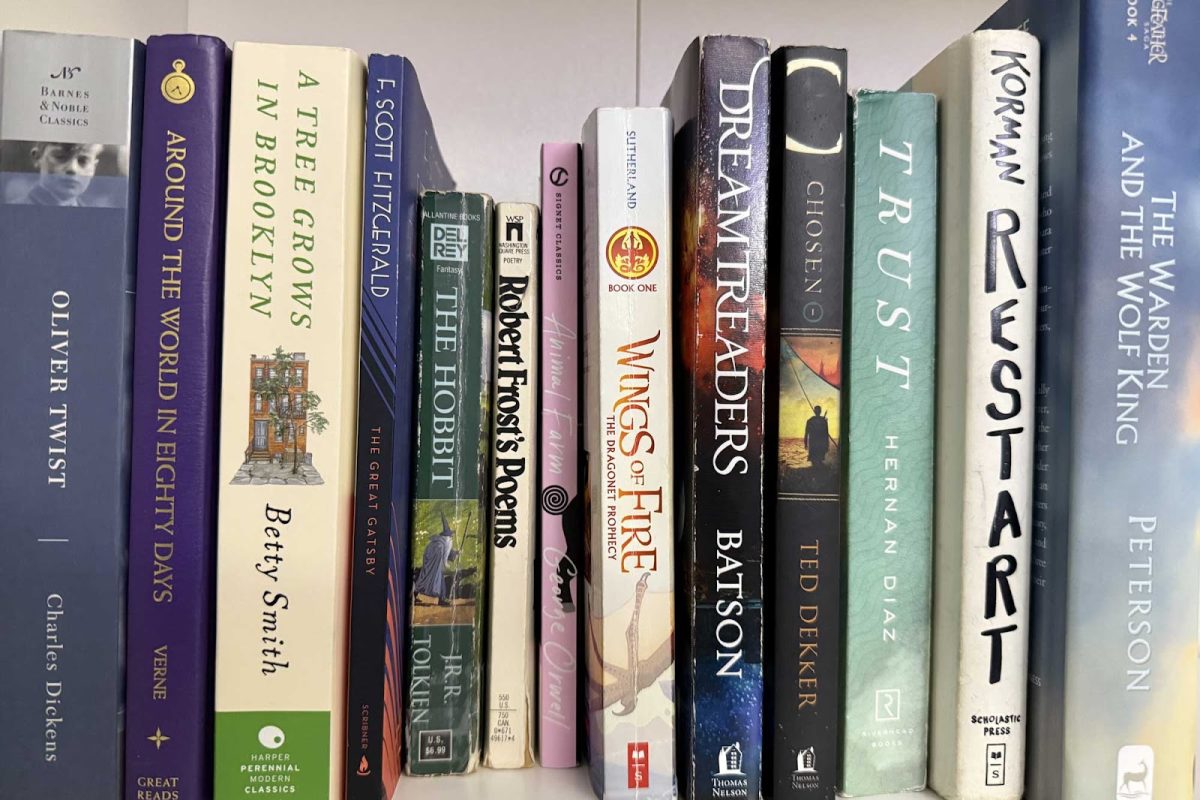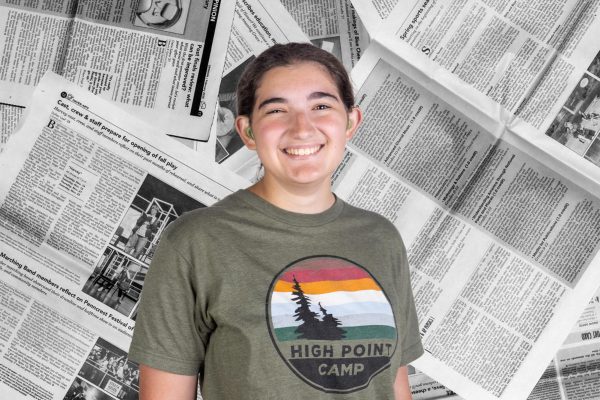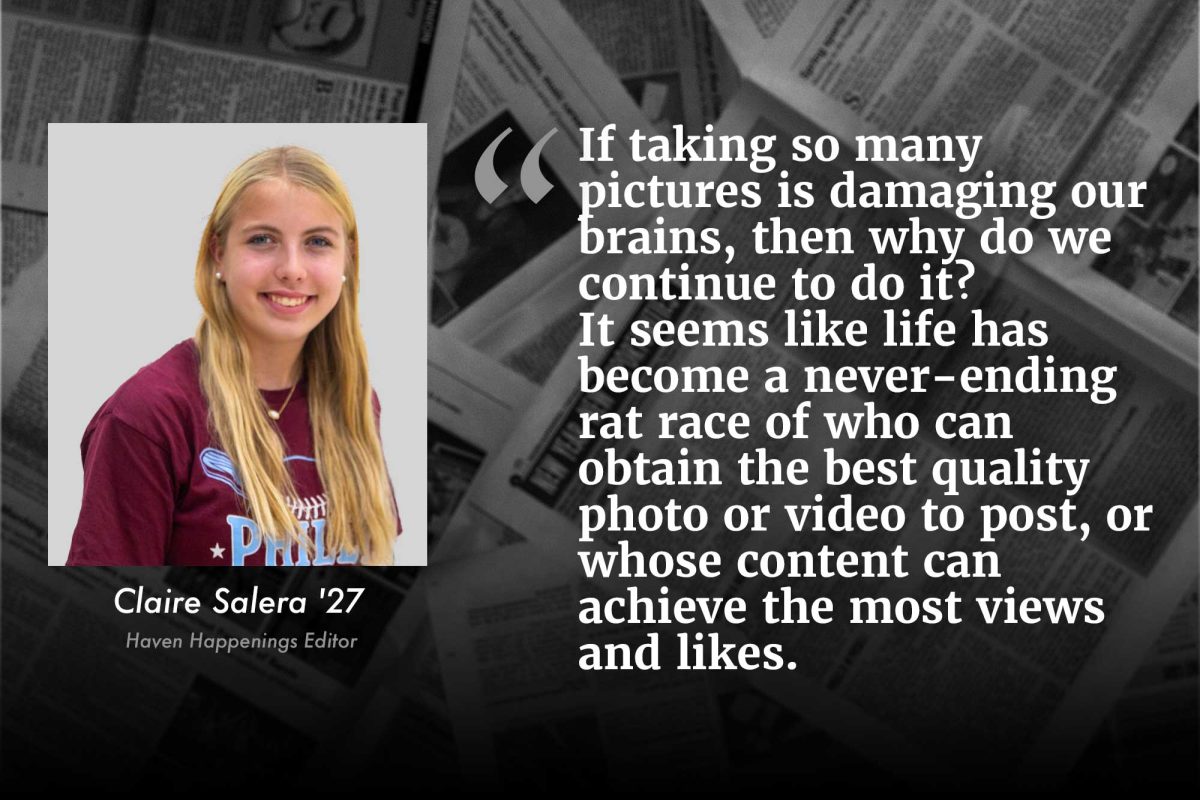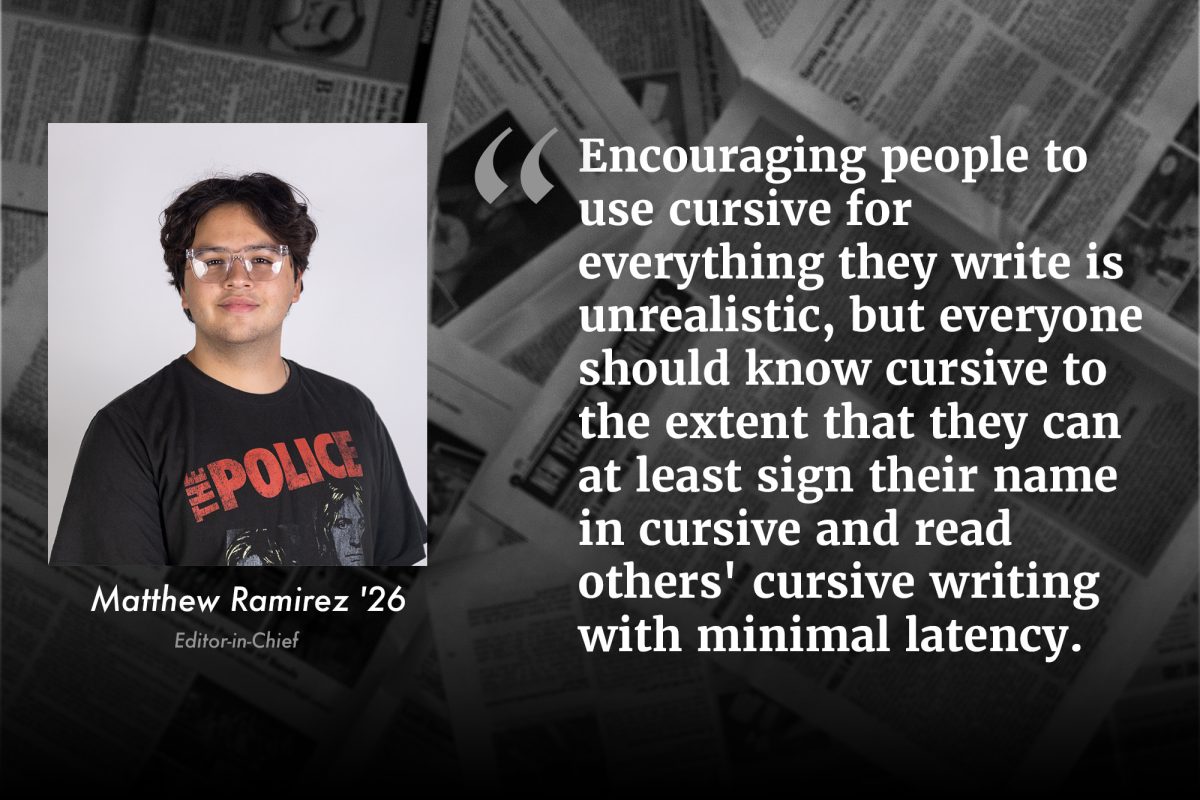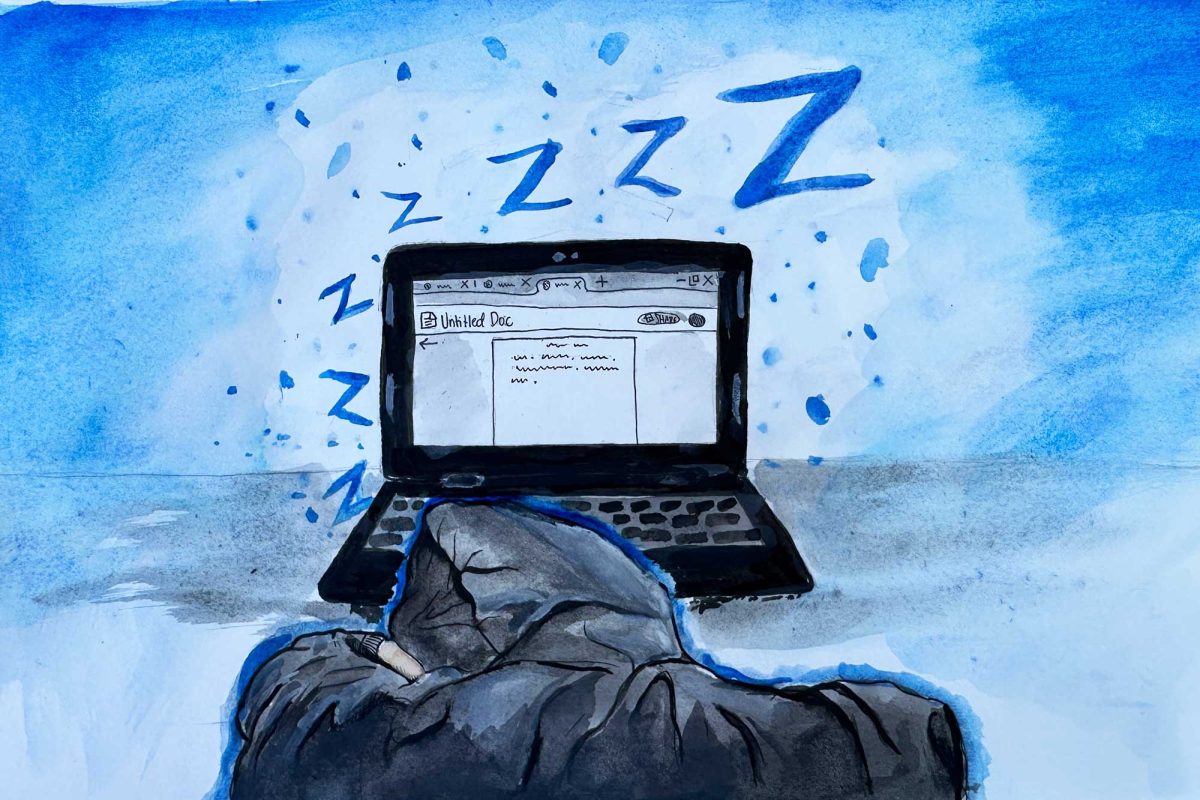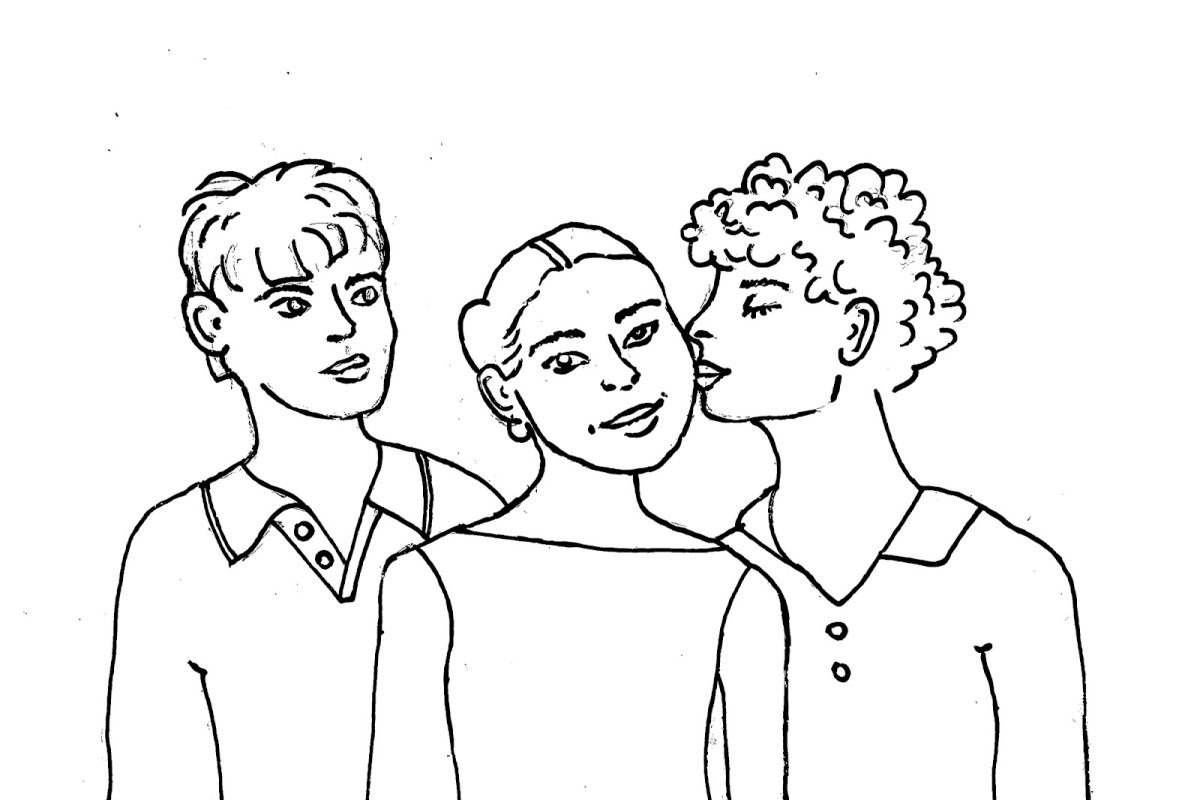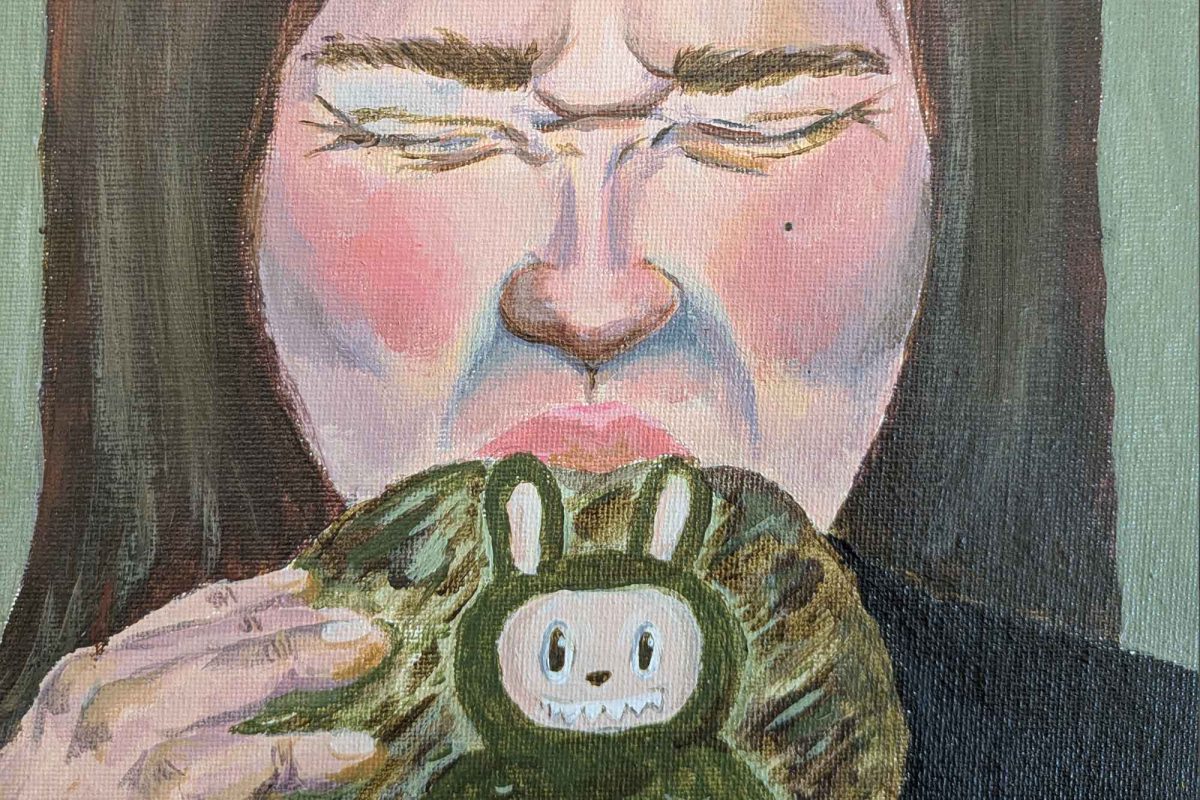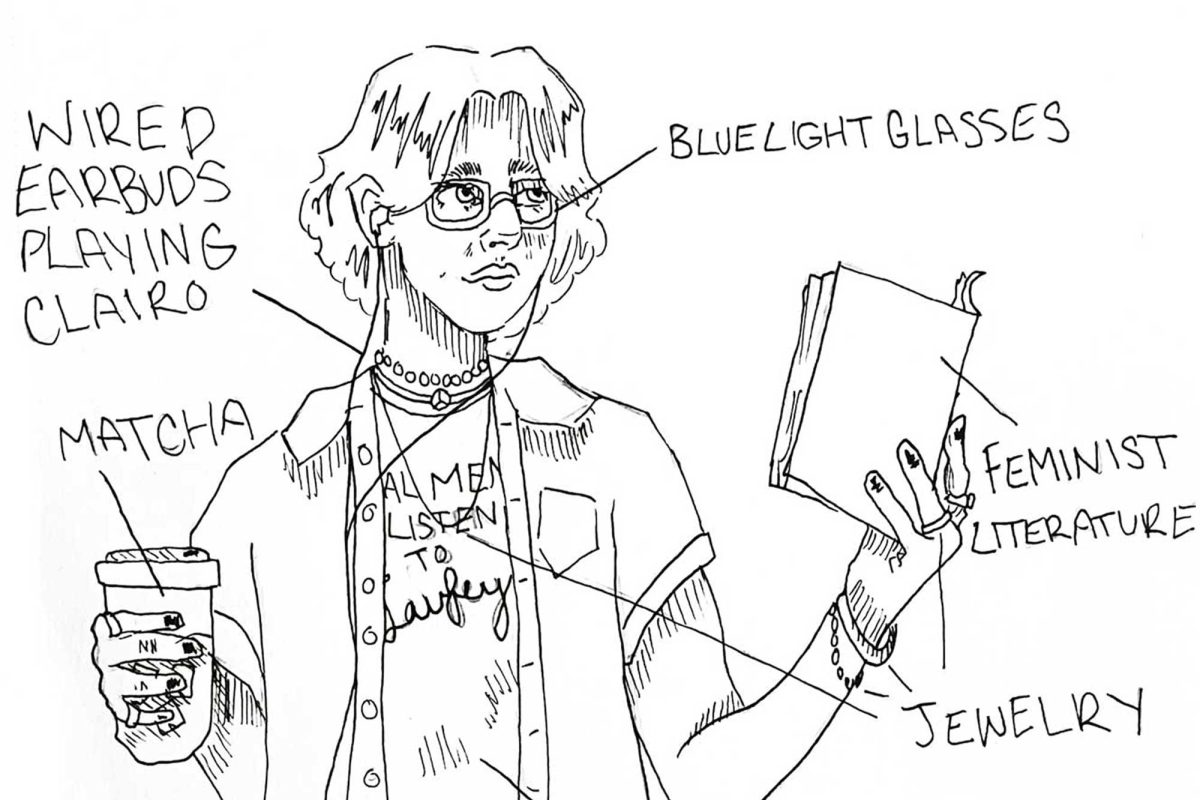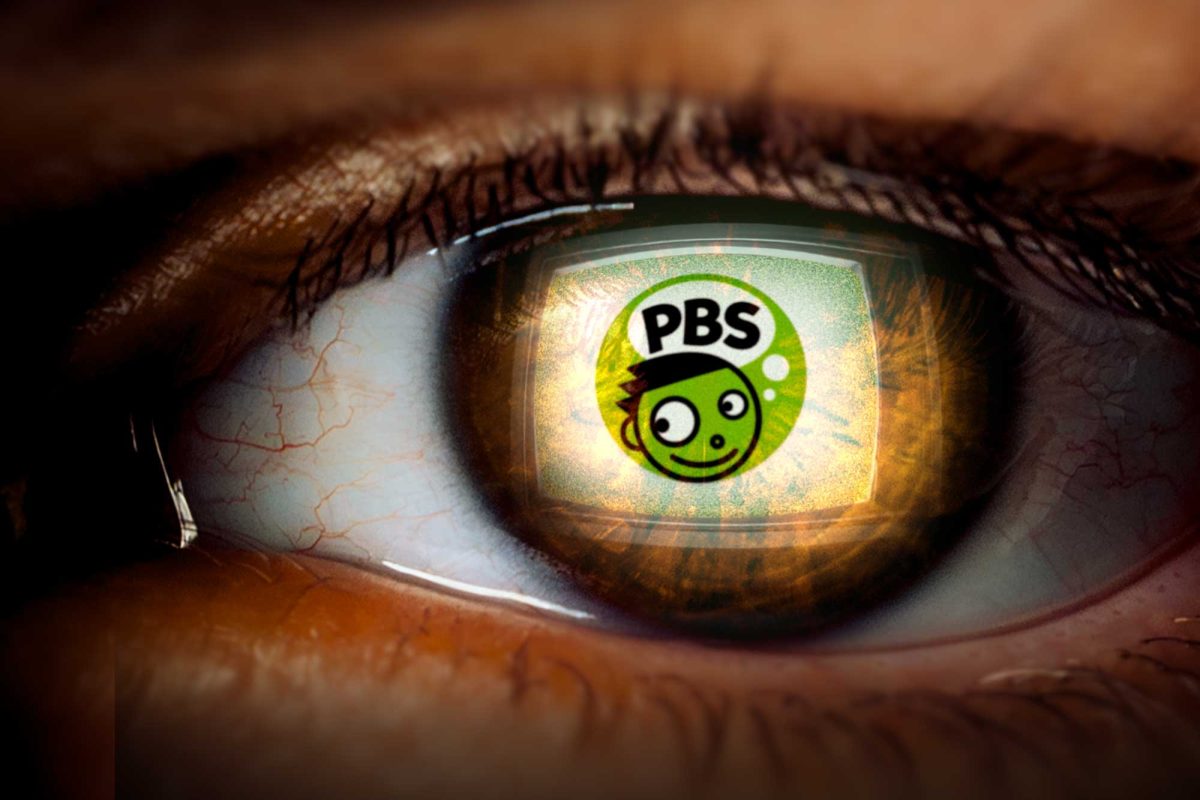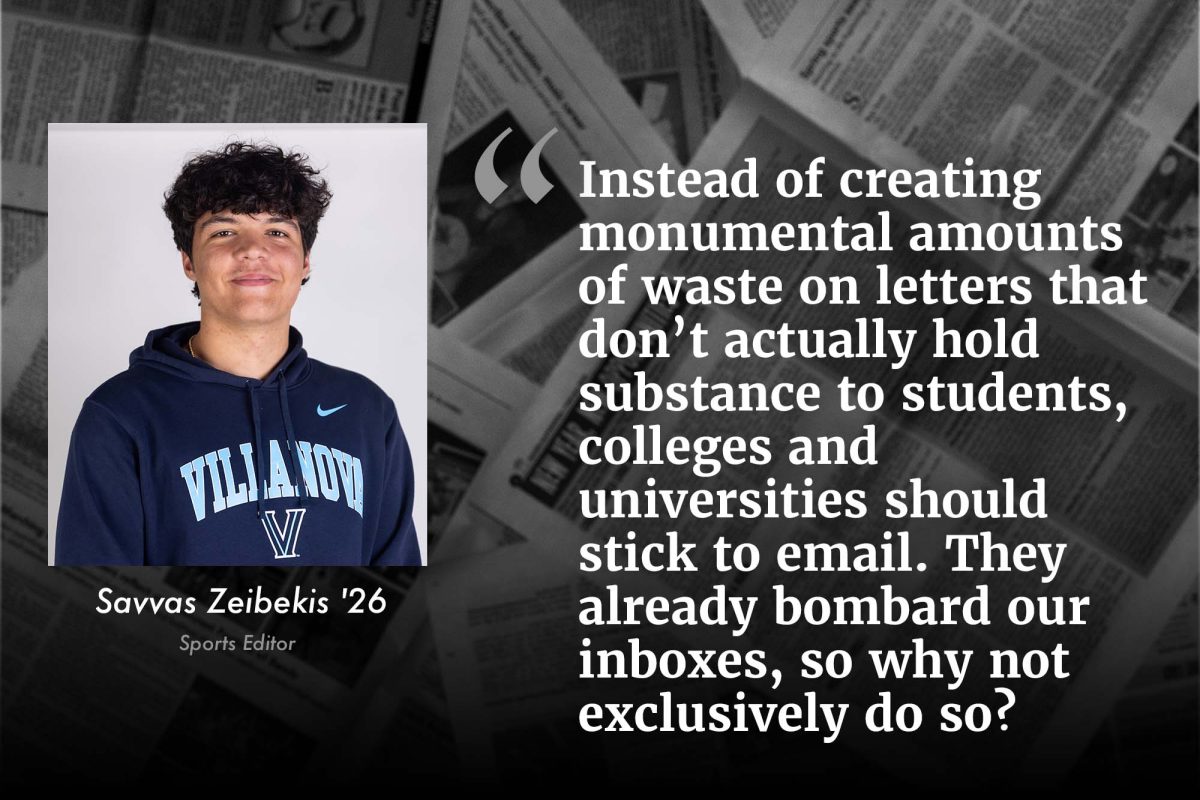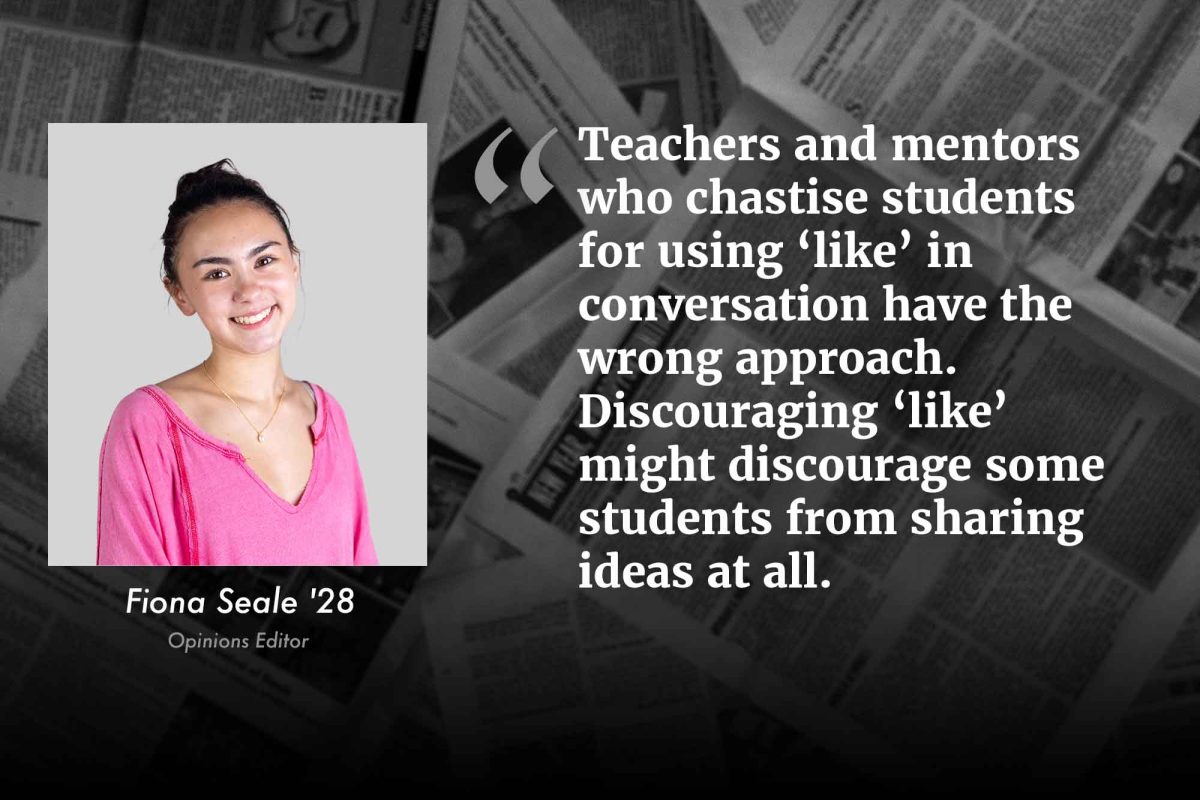What was your last required read?
Throughout high school, students are assigned to read a plethora of books in English and history classes. Historically, many have been classics: books revered for their timelessness, craft, and complexity.
“It’s [classic books] a totally different style and a little bit hard to read, but because of that, there’s more nuance to it and it’s a little bit more complex, and therefore a little bit more beautiful,” senior Eme Choi said.
Classics are covertly and overtly embedded in modern culture, music, and film, thus helping students improve cultural literacy. Numerous songs, movies, and books are indirectly based on classics or are direct retellings of them. For example, many of Jane Austen’s novels have been professionally dramatized, and even Haven’s theater department joined in with the fall 2023 production of Shakespeare’s “Romeo And Juliet.”
“They have provided a foundation for the world, and they have staying power,” English department co-chair Ms. Reagan Lattari said.
Notwithstanding, books by contemporary authors are sometimes included in the curriculum, but not always, although they often provide more relevant characters and experiences. They can also shed light on contemporary issues and experiment with unique forms.
“[Contemporary books] are better for understanding writers’ craft, because it’s how books are written today,” sophomore Colette Sauve said.
Some freshman English teachers include contemporary literature in their curriculum, and all of them provide space for pleasure reading and opportunities to pick up modern books through robust and accessible classroom libraries. In some English classes, time is allocated each class day for independent reading.
“A benefit to reading newer work is that you’re getting exposed to often ignored or mistreated groups that have been left out of the canon,” Lattari said, “You’re getting some diversity. You’re hearing from women, you’re hearing from minority authors, you’re hearing from authors that are exposing you to different parts of the world.”
However, education is changing to address the rise of consumerism and instant gratification brought about by technology. For example, the freshman English classes began using a newer, simpler translation of Homer’s “The Odyssey” last year. The College Prep classes only read the graphic novel.
“These big, long, whole-class novels are not the direction we need to be going, because it’s hard to keep students’ attention. I’m not having discussions like I used to,” Lattari said.
Students are rarely satisfied by everything they read in school. Classics spotlight a primarily white male protagonist’s perspective, and this singular perspective can be isolating. According to The Stanford Daily, an estimated 90% of classic literature taught in high school is written by white men.
However, modern books often sacrifice nuanced themes for a driving plot, providing the temptation to choose an easier read.
“Classics can be old and dated, and then modern books might not be as deep,” Sauve said.
All books, though, are more interconnected than they appear. Author Jerry B. Jenkins believes that the hero’s journey, a staple in the freshman English curriculum, appears in every story ever told. This is possible because of archetypes, types of characters and plot devices that recur in literature despite differences in time and place. The altruistic little guy from humble origins who suddenly finds the courage to become a hero? He’s an archetype.
“That seductive temptress from ‘The Odyssey’ is going to look a little different in your contemporary work. But she’s still there. How has she evolved? How is she treated differently?” Lattari said.
Intentionally or not, modern stories are inspired and shaped by classic literature, ultimately drawing their merit from the same patterns and archetypes. According to Sauve, successful books share the same qualities.
“What matters back then matters now. Human nature is human nature,” Lattari said.
Lattari emphasizes that books are mirrors and windows. It is the reader’s experience of connection and learning – not a label of ‘classic’ or ‘modern’ – that gives a book meaning.
“It doesn’t matter how unique it is, or how ‘diverse’ it is, but every single perspective matters, even if it is just your stereotypical person. Either one is good, just as long as you’re reading something, trying to build empathy and trying to see things differently,” Choi said.
A book taught in a curriculum should have legitimate meaning to the students who are reading it, regardless of when it was written. This means not dismissing modern books as having lesser quality, and not shying away from the technical or thematic challenges of classics.
Our classrooms are not Orwellian dystopias. Every book has value, just in different ways and to different people. According to Sauve, Choi, and Lattari, a mix of literature in Haven’s English classes is a viable solution.
“Whether it’s the canon of literature, or whether it’s a book that came out yesterday, I just think it matters that kids are reading. Stories are what sustain us and help us grow as individuals and make us better. Even those people talking on Tiktok are little stories,” Lattari said.




